Field cultivation is an essential task in modern farming, and having the right equipment can make all the difference in maximizing productivity and yield. One such tool that has revolutionized the agricultural industry is the field cultivator. In this article, we will explore the key features and considerations when choosing the best field cultivator for your agriculture business. 1. Determine your specific needs: Before considering any brand or model, it’s crucial to assess your farming requirements. Factors such as the size of your land, soil conditions, and the type of crop you grow will determine the features you should look for in a field cultivator. This step is essential in identifying the right machine that aligns with your business goals.
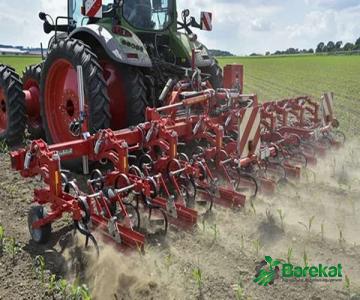
.
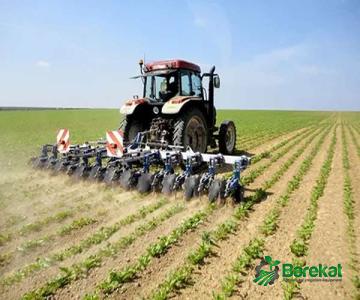 2. Quality and Durability: A high-quality field cultivator should be built to last. Look for renowned brands that are known for their robust construction and durability. Consider the frame material, gauge thickness, and reinforcement features that contribute to the overall strength and longevity of the implement. Investing in a reliable cultivator will save you from unnecessary repairs and replacements down the line. 3. Tine Configuration: Another crucial factor to consider is the tine configuration. The tines of a field cultivator are responsible for loosening the soil, breaking up clods, and removing weeds or crop residue. Different soil types and conditions may require different tine setups. For example, if you have heavier clay soil, cultivators with more tines and additional depth control will better penetrate the ground. Research and select a cultivator with tine options that best suit your specific soil conditions.
2. Quality and Durability: A high-quality field cultivator should be built to last. Look for renowned brands that are known for their robust construction and durability. Consider the frame material, gauge thickness, and reinforcement features that contribute to the overall strength and longevity of the implement. Investing in a reliable cultivator will save you from unnecessary repairs and replacements down the line. 3. Tine Configuration: Another crucial factor to consider is the tine configuration. The tines of a field cultivator are responsible for loosening the soil, breaking up clods, and removing weeds or crop residue. Different soil types and conditions may require different tine setups. For example, if you have heavier clay soil, cultivators with more tines and additional depth control will better penetrate the ground. Research and select a cultivator with tine options that best suit your specific soil conditions.
..
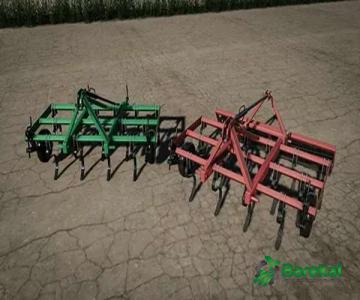 4. Adjustable Width: Field cultivators come in various widths, allowing farmers to cover more ground efficiently. Adjustable width allows for customization, accommodating different field sizes and crop types. Choose a cultivator that can easily adjust its width, providing flexibility during cultivation and ensuring maximum productivity throughout your entire field. 5. Depth Control Mechanisms: Proper depth control is essential in any field cultivation operation. Having precise depth control ensures uniform seedbed preparation and prevents damage to the root system of crops. Look for a cultivator that offers adjustable depth control mechanisms, such as a hydraulic system or depth wheels, to precisely maintain the desired cultivation depth. 6. Consider Attachments and Accessories: Some field cultivators offer valuable attachments and accessories that enhance their functionality.
4. Adjustable Width: Field cultivators come in various widths, allowing farmers to cover more ground efficiently. Adjustable width allows for customization, accommodating different field sizes and crop types. Choose a cultivator that can easily adjust its width, providing flexibility during cultivation and ensuring maximum productivity throughout your entire field. 5. Depth Control Mechanisms: Proper depth control is essential in any field cultivation operation. Having precise depth control ensures uniform seedbed preparation and prevents damage to the root system of crops. Look for a cultivator that offers adjustable depth control mechanisms, such as a hydraulic system or depth wheels, to precisely maintain the desired cultivation depth. 6. Consider Attachments and Accessories: Some field cultivators offer valuable attachments and accessories that enhance their functionality.
…
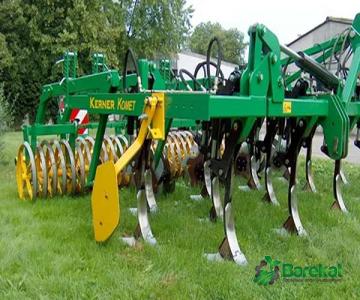 Features like rear baskets or rolling harrows can help level and smooth the soil after cultivation, while spike tooth harrows and finishing rollers can assist in improving seed-to-soil contact. Consider these additional tools when comparing cultivators to further optimize your farming practices. Conclusion: Investing in the best field cultivator for your agriculture business is key to enhancing productivity, optimizing soil health, and maximizing crop yield. By carefully considering your specific needs, focusing on quality, tine configuration, adjustable width, depth control, and additional attachments, you can select a cultivator that best aligns with your goals and increases the long-term success of your farming operation.
Features like rear baskets or rolling harrows can help level and smooth the soil after cultivation, while spike tooth harrows and finishing rollers can assist in improving seed-to-soil contact. Consider these additional tools when comparing cultivators to further optimize your farming practices. Conclusion: Investing in the best field cultivator for your agriculture business is key to enhancing productivity, optimizing soil health, and maximizing crop yield. By carefully considering your specific needs, focusing on quality, tine configuration, adjustable width, depth control, and additional attachments, you can select a cultivator that best aligns with your goals and increases the long-term success of your farming operation.
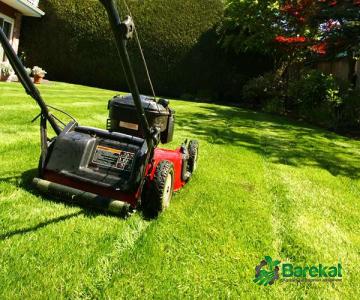
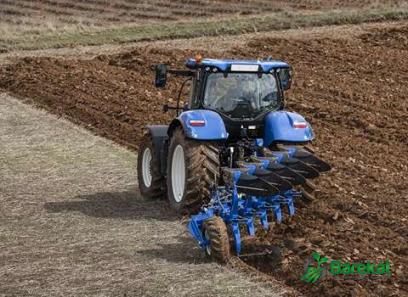
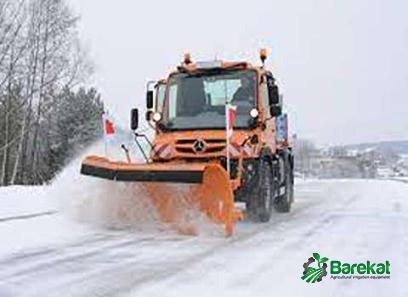
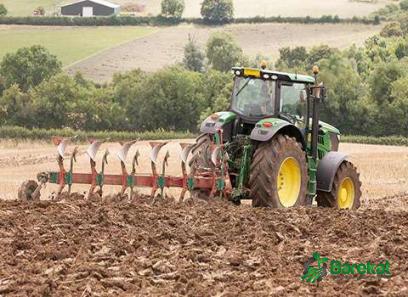
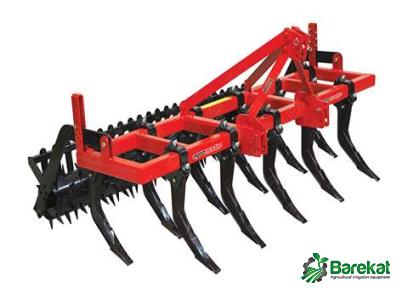

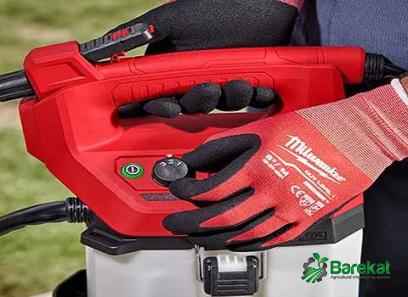
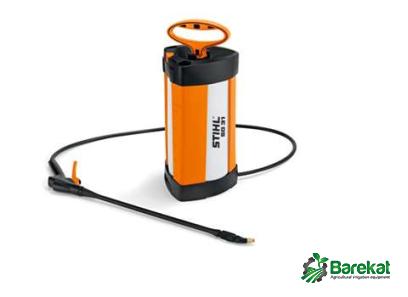
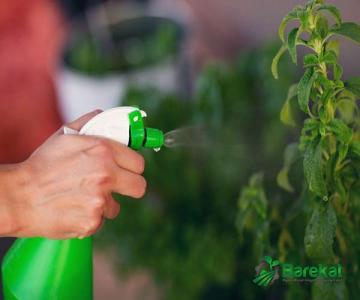

Your comment submitted.